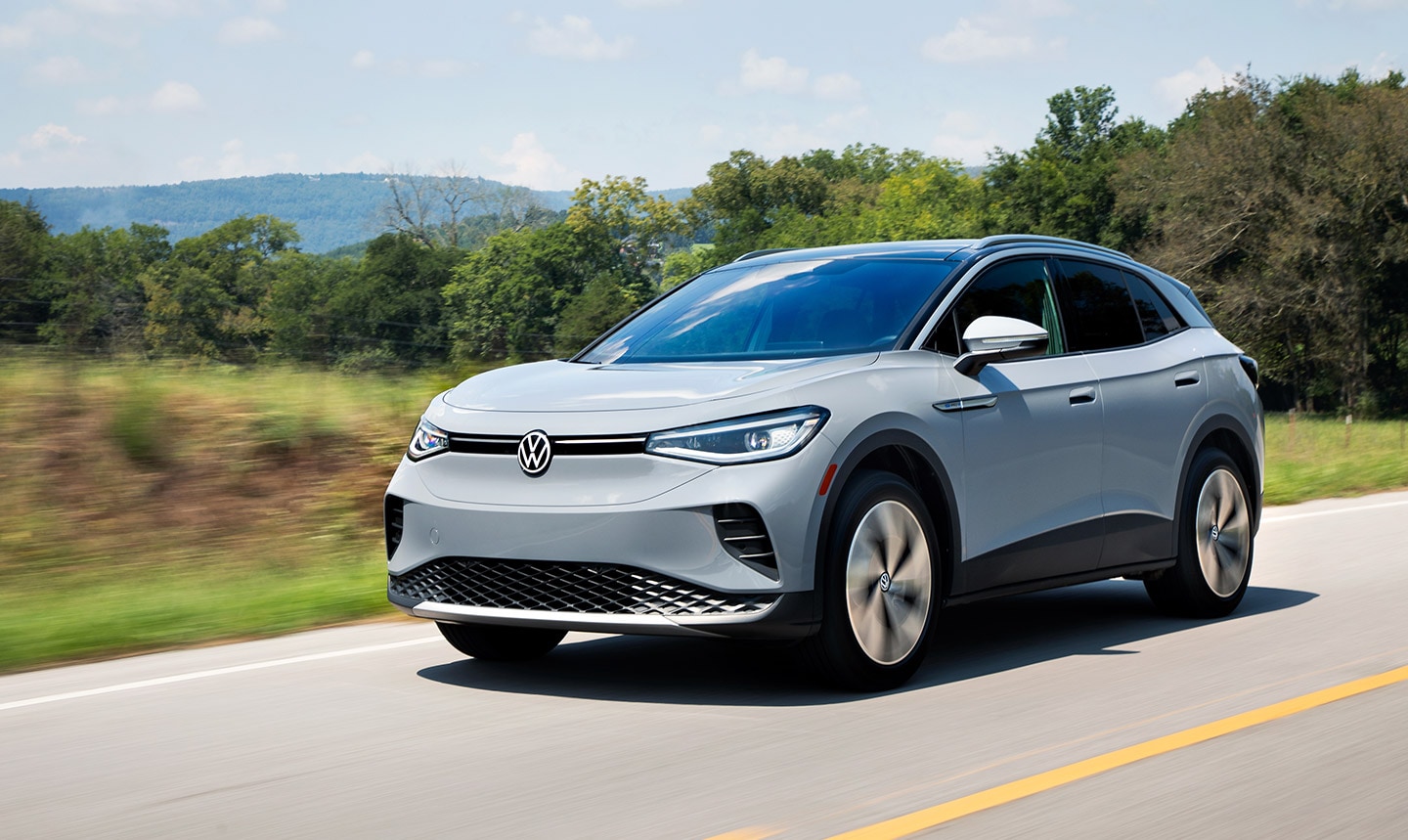
You're interested in a green car, but you've heard some worrying rumors about how long they can last. Do electric vehicles really die on people after fewer than 100,000 miles?
At Patrick Volkswagen, we're happy to report that this simply isn't the case. Here's what you need to know about electric Volkswagen cars and their lifespans.
How Batteries Are Protected
Batteries in electric vehicles can wear down over time, but they are protected from extreme wear in a few ways. First, the way the battery pack is designed prevents it from fully discharging. Charging a completely discharged battery to full isn't good for it and can shorten its lifespan, so this protection helps a bit.
Proper maintenance can also help protect the battery. Generally, EVs require a bit less maintenance than their gasoline-powered cousins due to a difference in complexity. Electric motors and transmissions are far less complicated than the internal combustion engine and multi-gear transmission found in a gas-powered car.
However, an EV still needs service occasionally, and at these appointments your mechanic can help prevent leaks and chemical spills from the battery, ensuring it's in the best possible condition.
Battery Degradation
Batteries can still wear down over time though, but it's not like you'll have to replace your EV every few years like you probably do with your smartphone. Generally, you can expect a battery pack to begin to offer less capacity later on in its lifespan. Total capacity can drop to 60 or 70 percent years down the line, especially in hotter climates. Volkswagen EVs will still have plenty of driving range to offer though, even with a weaker battery.
So, if you're in the market for a new green car, visit our VW dealership serving Worcester, MA. We can answer any questions that you have about electric vehicles, and we'll help you find one that will serve you well for a long time to come!